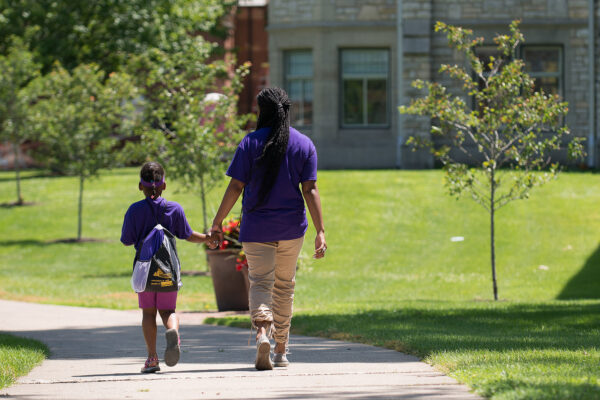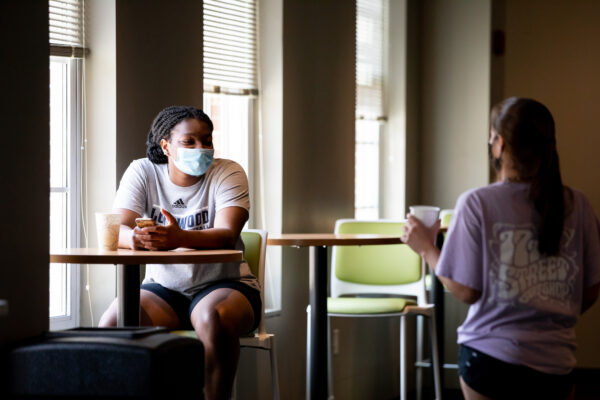New Report Sheds Light on College Faculty and Staff Mental Health
Title: The Healthy Minds Study: 2023-2024 Faculty and Staff Report
Authors: Daniel Eisenberg, Sarah Ketchen Lipson, Justin Heinze, and Sasha Zhou
Source: The Healthy Minds Network
The Healthy Minds Study’s Faculty/Staff Survey, since it piloted in 2021, has helped institutions understand their employees’ mental health and perceived ability to help students with mental health concerns. The 2023-24 survey results are based on nearly 10,000 survey respondents from 30 colleges and universities.
The latest edition of the staff and faculty survey spotlights the needs to support people in student-facing roles, including their education and training, mental health care, and recognition of the emotional labor that their jobs entail. This is especially important given that more than one-third of survey respondents indicated they were using psychiatric medication in the last year, and more than half reported that their emotional and mental difficulties have affected their work performance.
Additional findings include:
- Nearly one-third (32 percent) of respondents reported they received mental health therapy/counseling in the last year. Seventy-one percent of staff with a positive depression or anxiety screen reported they received mental health therapy and/or psychiatric medication within the last year.
- Almost half (46 percent) of staff reported that their emotional and mental difficulties did not hurt their work performance or productivity. About one-third (32 percent) reported it affected them one to two days a month.
- More than two-thirds (68 percent) of faculty and staff agreed or somewhat agreed that they achieve a healthy balance between their personal and professional lives.
- A majority (88 percent) of faculty and staff reported engaging in no drug usage. About 10 percent of respondents reported using marijuana in the last 30 days.
- More than 8 in 10 faculty and staff (83 percent) at least somewhat agreed they are comfortable having conversations with students about their mental health.
- Similarly, 83 percent agreed or somewhat agreed that student mental health problems are significantly worse now compared to when they began their careers.
To read the full report from the Healthy Minds Network, click here.
—Austin Freeman
If you have any questions or comments about this blog post, please contact us.


